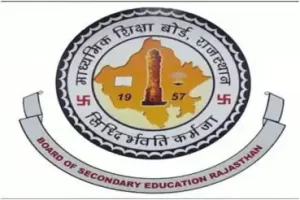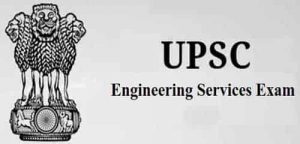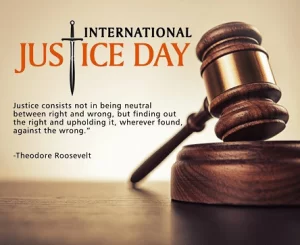Indian Education System 1947 to 2021
Education System and Polices before Independent India
Indian Education System 1947 to 2021, Ancient and Modern background of Education Policy : In the ancient India many schools were established to provide education. The school were known as the Gurukulas. At the time of Independence almost Gurukulas exists, but unfortunately at the right now there are only 34 Gurukulas are remaining in India. To aim of the achieve education was to Moksha. In India 2000 B.C. many religious Granthas and Verses are famous. So education system provides basic education to enhance livelihood. In the Buddhis era and Jain Era many books published. The source language of books were Sanskrit. Ancient education.

During the ancient period, two systems of education developed, Vedic, and Buddhist. The medium of language during the Vedic system was Sanskrit, while those in the Buddhist system were pali. During those times the education was of Vedas, Brahmanas, Upnishads, and Dharmasutras.
What is the Role of Ancient Education Role in Indian History ?
The historical backdrop of schooling started with instructing of customary components like Indian religions, Indian science, Indian rationale at early Hindu and Buddhist focuses of learning, for example, antiquated Takshashila (in current Pakistan) and Nalanda (in India) Before the coming of Christianity and Christian teachers .

Students went to viharas and universities for higher knowledge. Teaching largely oral and students remembered and meditated upon what taught in the class. Gurukuls, also known as ashrams, were the residential places of learning. Many of these were named after the sages.
Famous Ancient Education Gurukulas Nalanda, Taxila and Vikramshila Role
Nalanda University : The ancient Nalanda University believed to be built during the Gupta period during Kumargupta ( Mahendraaditya), probably in the 5th century AD. It later supported by Buddist Emperors.
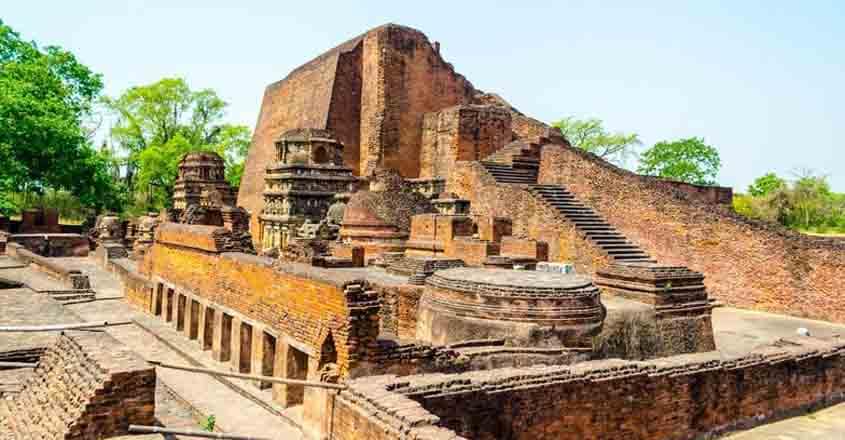
Taxila University flourished during 500 B C . Some historians date it as back as 600 B C. It flourished till 500 A D. It was in the kingdom of Gandhar which is in the present Pakistan. 68 subjects were studied in the university which included Vedas, grammar, Astronomy, Medicine, Mathematics, Political science, archery, warfare, music, commerce etc.
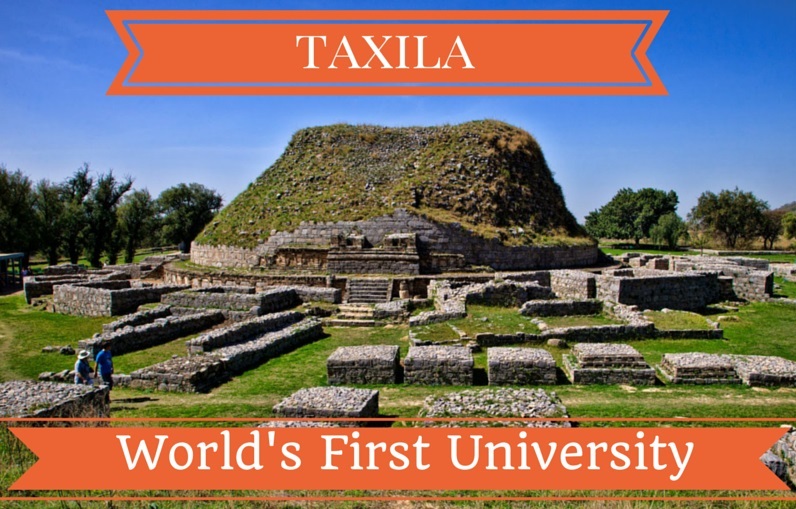
Vikramasila: Vikramasila University established by Dharma Pala ( 783-920) because of the decline in scholarship of Nalanda University. It is a Buddhist tantric centre of learning situated in the north east of Bhagalpur.
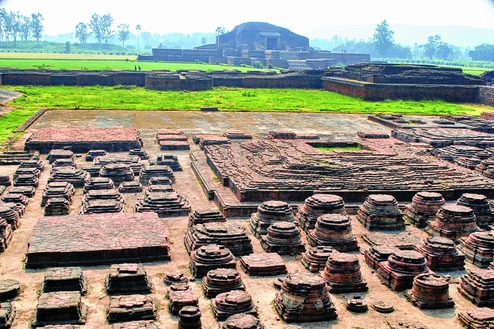
Modern Education System in India and English Education System Effect
The modern school system brought to India, including the English language, originally by Lord Thomas Babington Macaulay in the 1830s. The curriculum confined to “modern” subjects such as science and mathematics, and subjects like metaphysics and philosophy considered unnecessary.
The Uttar Pradesh (a state in India) Board of High School and Intermediate Education was the first Board in Quite a while in the year 1921 with purview over Rajputana, Central India and Gwalior. In 1929, the Board of High School and Intermediate Education, Rajputana, set up. Afterward, sheets set up in a portion of the states. Be that as it may, at last, in 1952, the constitution of the board changed and it renamed Central Board of Secondary Education (CBSE).

Source : The Wire
All schools in Delhi and some different locales went under the Board. It was the capacity of the Board to settle on things like educational plan, course readings and assessment framework for all schools subsidiary to it. Today there are a large number of schools associate to the Board, both inside India and in numerous different nations from Afghanistan to Zimbabwe.
New Education Policy 2020 India, Advantages and Disadvantages
Advantages of New Education Policy 2020
- The Government aims to make schooling available to everyone with the help of NEP 2020.
- Approximately two crore school students will be able to come back to educational institutes through this new approach.
- According to the national education policy 2020, 5+3+3+4 structure will replace the existing 10+2 structure. This structure focused on student’s formative years of learning. This 5+3+3+4 structure corresponds to ages from 3 to 8, 8 to 11, 11 to 14 and 14 to 18. 12 years of schooling, 3 years if Anganwadi and pre-schooling included in this structure.
- For children up to the age of 8, a National Curricular and Pedagogical Framework for Early Childhood Care and Education will designed and developed by NCERT.
- Narendar Modi implements NEP after the Second innings of his Govt.
![Advantages and Disadvantages of New Education Policy 2020 [2021]](https://edten-live-bucket.s3.amazonaws.com/blog/advantages-and-disadvantages-of-new-education-policy-in-2020.png)
Drawbacks of the New Education Policy
- In the National Education Policy 2020, language is a negative factor as there is a problematic teacher to student ratio in India, thus introducing mother languages for each subject in academic institutes is a problem. Sometimes, finding a competent teacher becomes a problem and now another challenge comes with the introduction of the NEP 2020, that is bringing study material in mother languages.
- According to the national education policy 2020, students willing to complete their graduation have to study for four years while one can easily complete his/ her diploma degree in two years. This might encourage the pupil to leave the course midway.

All source are taken from online study and social media.
Disclaimer: All Images that are Used in this post from Instagram & Google Image and Credit Goes to their Respective Owner. Contact Us on this Email contact@thalabhula.com for Credit or Remove these Images.
- ancient india education
- ancient india education definition
- ancient india education facts
- ancient india education system
- ancient india medical education
- ancient india physical education
- education ancient india meaning
- in ancient india physical education was adopted in terms of
- nep 2020 govt of india
- nep 2020 implementation date in india
- nep 2020 india
- nep 2020 india implementation
- nep 2020 india pdf
- nep 2020 india today
- nep 2020 india wiki
- nep 2020 indian express
- nep 2020 innovate india
- nep 2020 times of india
- nep 2020 transforming education in india
- what is ancient education system
- what is ancient indian education system
- what were the features of education system in ancient india



